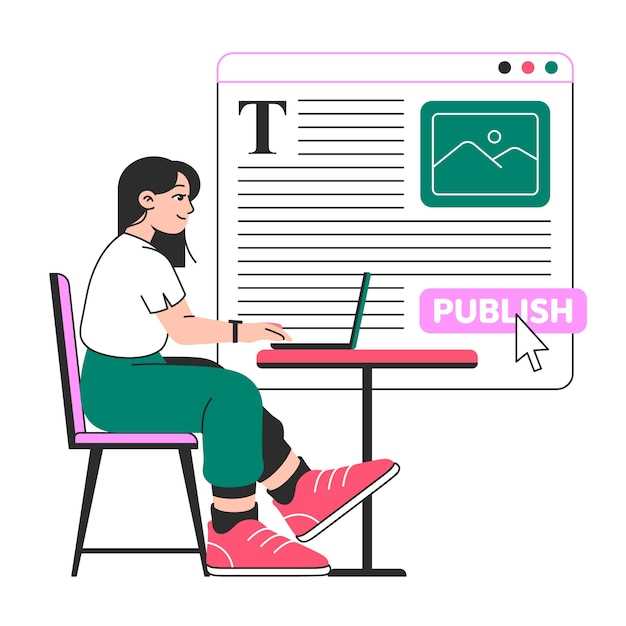
Struggling to structure your essay? Our team crafts clear, logical outlines tailored to your topic, ensuring your ideas flow seamlessly from start to finish.
Save time with our detailed research services. We gather credible sources, analyze key points, and highlight the most relevant comparisons for your essay.
Need a polished draft? Our writers refine your work, focusing on grammar, style, and coherence. We ensure your essay meets academic standards while maintaining your unique voice.
Deadline approaching? We deliver high-quality essays within 24 hours, so you never miss a submission date.
Get started today and see the difference expert guidance makes. Your next essay could be your best one yet.
How to Choose the Right Topics for Your Compare and Contrast Essay

Pick topics that share a clear connection but have distinct differences. For example, comparing two historical events, like the American and French Revolutions, allows for meaningful analysis. Avoid overly broad subjects, such as “cats vs. dogs,” unless you narrow the focus to specific traits like behavior or care requirements.
Choose topics you’re genuinely interested in. Writing about something you enjoy, like comparing two favorite books or movies, makes the process more engaging and your arguments more compelling. If you’re passionate about the subject, your enthusiasm will reflect in your writing.
Ensure your topics have enough credible sources for research. Comparing two scientific theories or technological advancements requires access to reliable data and expert opinions. Check academic journals, books, or reputable websites before finalizing your choice.
Balance complexity and familiarity. A topic like “classical vs. modern architecture” offers depth without being overwhelming. Avoid overly complex subjects that might confuse readers or lack clear points of comparison.
Consider your audience’s interests. If you’re writing for a class, choose a topic that aligns with the course material. For a general audience, pick something relatable, like comparing two popular diets or fitness trends.
Test your topic by outlining key points of comparison. If you can identify at least three strong similarities and differences, it’s a solid choice. For instance, comparing online and in-person education can focus on flexibility, cost, and interaction.
Finally, avoid overused topics unless you bring a fresh perspective. Instead of comparing two well-known cities, explore lesser-known locations with unique cultural or historical significance.
Structuring Your Essay: Key Elements to Include
Begin with a clear introduction that outlines the purpose of your essay and introduces the subjects you’ll compare. State your thesis to guide the reader on what to expect.
Organize the body paragraphs by themes or points of comparison. Dedicate each paragraph to a specific aspect, ensuring a logical flow between ideas. Use topic sentences to introduce each point and provide evidence or examples to support your analysis.
Include a comparison section where you highlight similarities between the subjects. Use transitional phrases like “similarly” or “likewise” to maintain coherence.
Follow with a contrast section to discuss differences. Words like “however” or “on the contrary” can help emphasize distinctions. Balance your analysis to avoid favoring one subject over the other.
Conclude with a summary that restates your thesis and synthesizes the main points. Avoid introducing new information; instead, leave the reader with a clear understanding of your analysis.
Proofread your essay to ensure clarity, consistency, and proper grammar. A well-structured essay not only communicates your ideas effectively but also leaves a lasting impression.
Common Mistakes to Avoid in Compare and Contrast Writing

Focus on clear criteria for comparison instead of listing random points. Choose two or three specific aspects to analyze for each subject, ensuring your essay stays structured and purposeful.
- Lack of balance: Treat both subjects equally. Avoid spending more time on one subject, as this weakens the comparison.
- Vague transitions: Use clear linking words like “similarly,” “on the contrary,” or “in comparison” to guide readers through your analysis.
- Overloading with details: Stick to relevant information. Irrelevant details distract from the main points and make your essay harder to follow.
Structure your essay logically. Choose between a point-by-point or block method, but ensure consistency throughout. For example:
- Introduce both subjects and state the purpose of comparison.
- Compare one aspect at a time, using evidence to support your points.
- Conclude by summarizing the key differences and similarities.
Proofread for clarity and coherence. Ensure each paragraph flows smoothly and supports the central argument. Avoid repetitive phrasing and vague statements that dilute your analysis.
Using Evidence and Examples to Strengthen Your Arguments
Always back your points with accurate, relevant evidence. Choose sources like academic journals, books, or trusted websites to add credibility. For example, if comparing education systems, reference specific studies or statistics rather than general statements.
Integrate examples that directly support your claims. If discussing environmental policies, cite successful initiatives like Germany’s renewable energy programs. Specific examples make your arguments clearer and more persuasive.
Balance your evidence by presenting both sides of an argument. When discussing technology’s impact, mention its benefits and drawbacks using real-world cases, such as the effects of social media on productivity.
Use quotations sparingly but effectively. Select key sentences from experts that align with your argument, and always explain their relevance. Avoid overloading your essay with quotes; your analysis should lead.
Conclude each point by connecting evidence to your main argument. Show how the data or examples reinforce your thesis, making it easy for readers to follow your logic.
How Professional Assistance Can Improve Your Essay Quality
Accessing expert help ensures your essay follows a clear structure, making it easier for readers to follow your arguments. Professionals can guide you in organizing your ideas logically, from the introduction to the conclusion, eliminating unnecessary tangents.
Working with skilled writers enhances your ability to craft strong thesis statements and supporting points. They provide feedback that sharpens your focus, ensuring your essay addresses the prompt directly and avoids vague statements.
Professional editors review your essay for grammar, punctuation, and stylistic consistency. They catch errors you might miss, improving readability and making your writing more polished and professional.
Experts help you balance comparison and contrast sections effectively, ensuring neither overshadows the other. They teach you how to use transitions smoothly, creating a seamless flow between paragraphs.
With access to credible sources and research techniques, professional assistance strengthens your essay’s evidence and analysis. They show you how to integrate quotes and references properly, adding depth to your work without overwhelming the reader.
Finally, tailored advice from professionals helps you develop your unique writing style. They encourage creativity while maintaining academic rigor, ensuring your essay stands out for its originality and clarity.